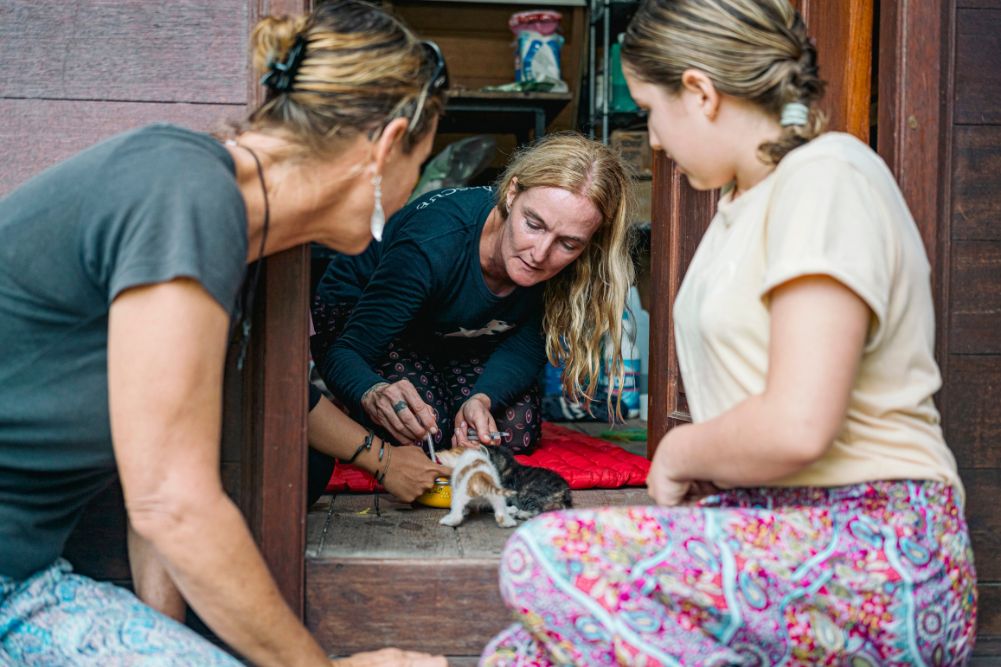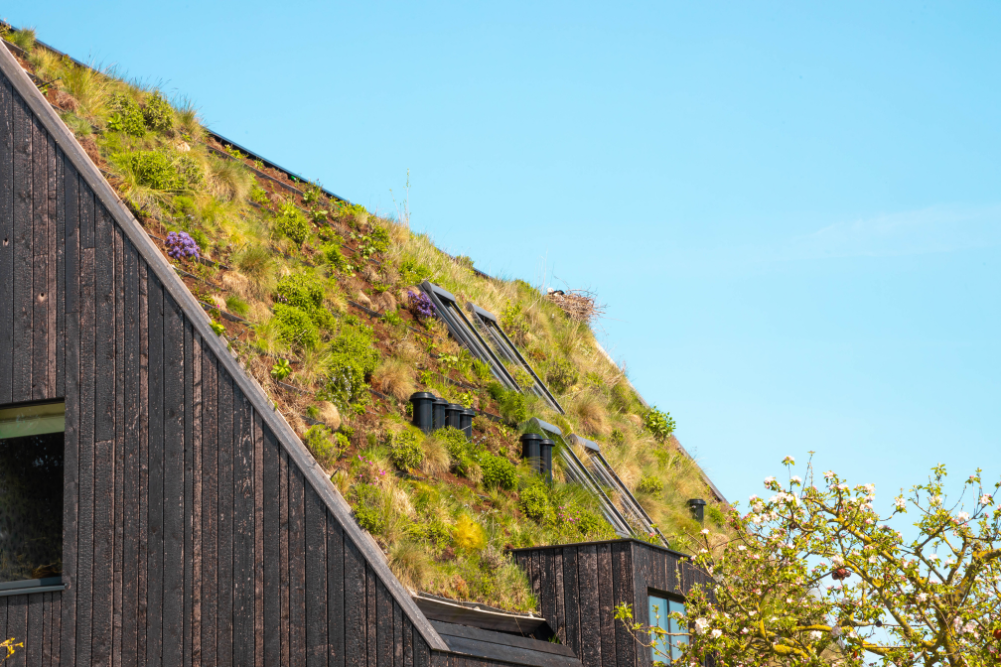Where does all our plastic go?
These days most of the things we use is made with plastic or has plastic components.
It seems like a long time back when there were no plastic or synthetic organic polymers and yet large scale production of plastics only dates back to the 1950’s.
And since then we have accumulated 8.3 billion metric tonnes of plastic.
A large number of monomers used to make plastics, such as ethylene and propylene are derived from fossil hydrocarbons and all commonly used plastics are not biodegradable.
The global production of plastics has increased from 2 million metric tonnes in 1950 to over 400 million metric tonnes in 2015, according to the study.
This means that there is a large accumulation of plastics which is disposed in landfills that does not decompose.
The only way to eliminate plastic completely is by destructive thermal treatments such as combustion or pyrolysis.
As a result, contamination of our natural environment is a growing concern.
Scientists from the University of Georgia, the University of California, Santa Barbara and Sea Education Association developed the first global analysis of all mass-produced plastics ever made by developing and combining global data on production, use, and end-of-life fate of polymer resins, synthetic fibres, and additives into a comprehensive material flow model.
The researchers found that by 2015, humans had created 8.3 billion metric tons of plastics, 6.3 billion tons of which has already become waste.
Half of this has been produced in the last 13 years.
China accounts for 28 per cent of global resin production and 68 per cent of global polyester, polyamide, and acrylic fibre production.
Out of the waste plastics, only 9 per cent was recycled, 12 per cent was incinerated and 79 per cent has accumulated in landfills or in the natural environment.
The global production of plastics has increased from 2 million metric tonnes in 1950 to over 400 million metric tonnes in 2015, according to the study.
This outgrows the production of most other human-made materials except for steel and cement.
But while steel and cement is used in the construction industry, plastic’s largest market is packaging.
This means that most of the products are used once and then disposed.
As most plastics don’t biodegrade, there is a huge amount of plastic junk which will remain on this planet for thousands of years.
According to the scientists, if the current trend of production and consumption keeps up, then by 2050 we would have created 12 billion metric tonnes of plastic waste.
The researchers are trying to create a foundation for better material and waste management with this study which presents facts and figures for policy makers to make more informed decisions.
However, they don’t believe that all plastics should be removed from the market as plastic has its uses and is indispensable in products designed for durability.
But this study does pose important questions about the expansive use of plastics and when the use of plastics is necessary or not, to help create sustainable production and waste management systems.
Source: Science Advances








